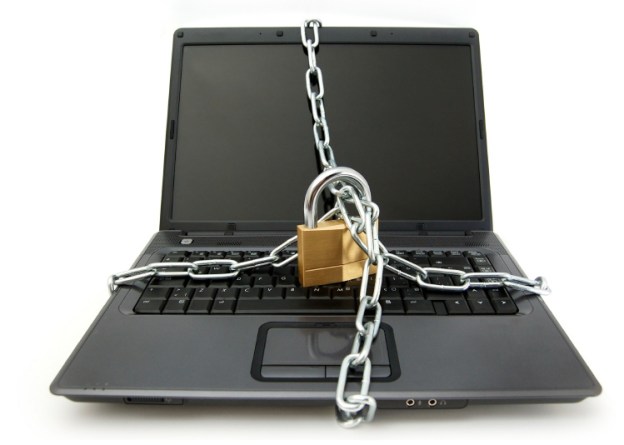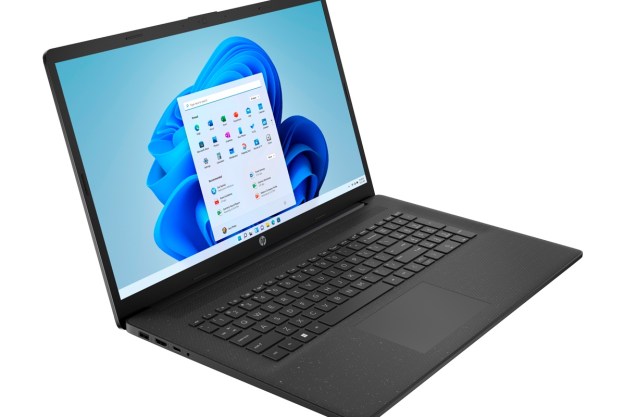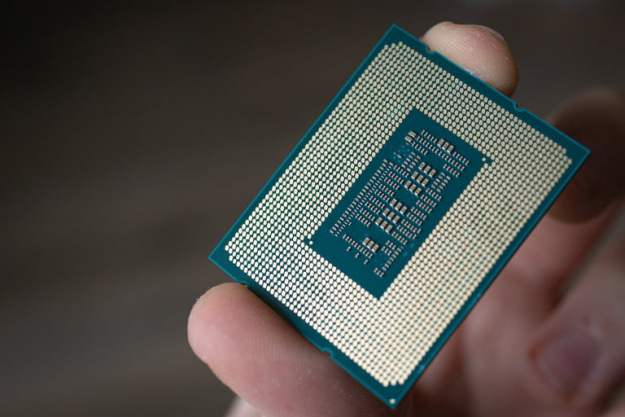 Ramona Fricosu is a Colorado woman being taken to court on 22 counts of bank fraud, four counts of wire fraud, five counts of false statements to a financial institution, and seven counts of money laundering charges after being accused of trying to take title to foreclosed homes. While the verdict in this mortgage scam won’t set any precedents, the means to that end might. Fricosu is being asked by the federal court to decrypt her laptop and offer up the information found there.
Ramona Fricosu is a Colorado woman being taken to court on 22 counts of bank fraud, four counts of wire fraud, five counts of false statements to a financial institution, and seven counts of money laundering charges after being accused of trying to take title to foreclosed homes. While the verdict in this mortgage scam won’t set any precedents, the means to that end might. Fricosu is being asked by the federal court to decrypt her laptop and offer up the information found there.
The encrypted laptop was found in a raid of her home, and while courts have requested decryption for laptops before, the motion usually goes unopposed by the defendant. But Fricosu has denied the proposal, and no US appeals court has ever ruled on whether or not encrypted information falls under a citizen’s right to remain silence.
The Electronic Frontier Foundation has rushed to Fricosu’s side, arguing that asking her to decrypt her laptop is unconstitutional, and that encryption is a method that protects individuals’ privacy and security. “The government makes an aggressive argument here that may have far-reaching consequences for all encryption users. Fricosu will be made witness against herself if she is forced to supply information that will give prosecutors access to files they speculate will be helpful to their case but cannot identify without specificity.” The Fifth Amendment keeps plaintiffs from providing self-incriminating information in court, and the EFF as well as Fricosu’s lawyer says this is exactly what the court is asking her to do by decrypting her laptop.
The Department of Justine doesn’t quite see it that way. Prosecutors maintain that they are not demanding Fricosu’s password: She can type it in herself without providing it to anyone. They just want access to what’s behind it. They say it’s like asking for a key to a room full of data necessary to reach a verdict – while the defense team says it’s like asking someone to decipher a diary they’ve purposefully written in code.
How the court decides will affect how personal computer security works. If it’s ruled that Fricosu doesn’t have to decrypt her laptop, it will set the precedent in these types of cases and the accused will be able to stand behind this decision. The DOJ has expressed worry that allowing Fricosu to cite the right to remain silent means future criminals can use her as an example and safely hide behind a password.


